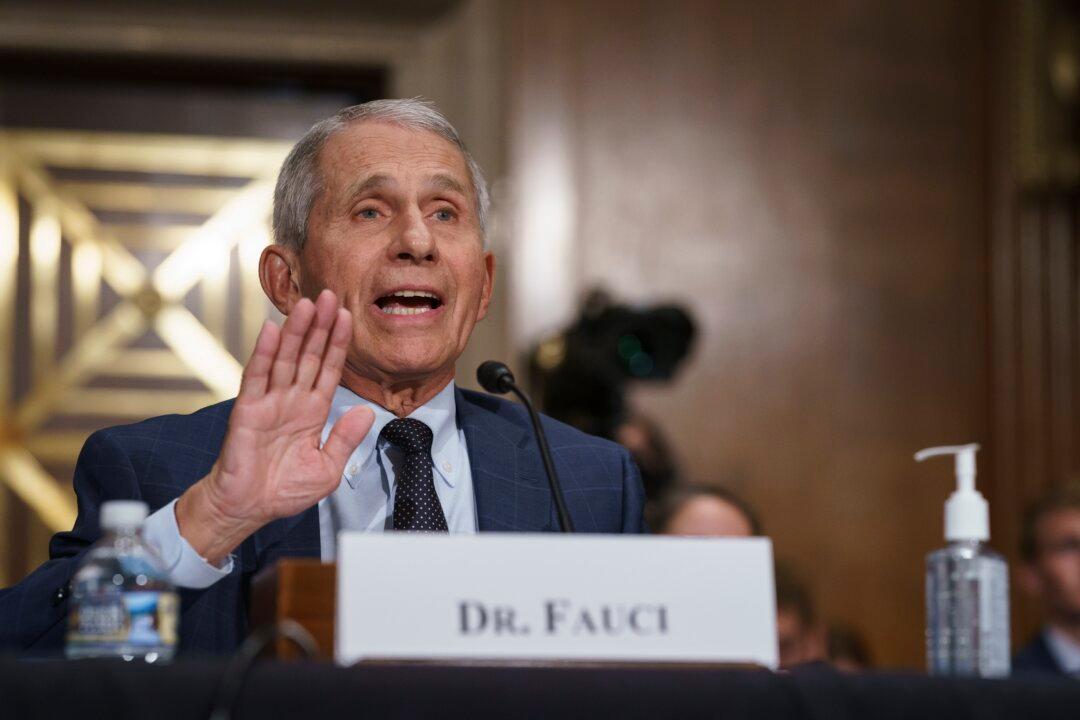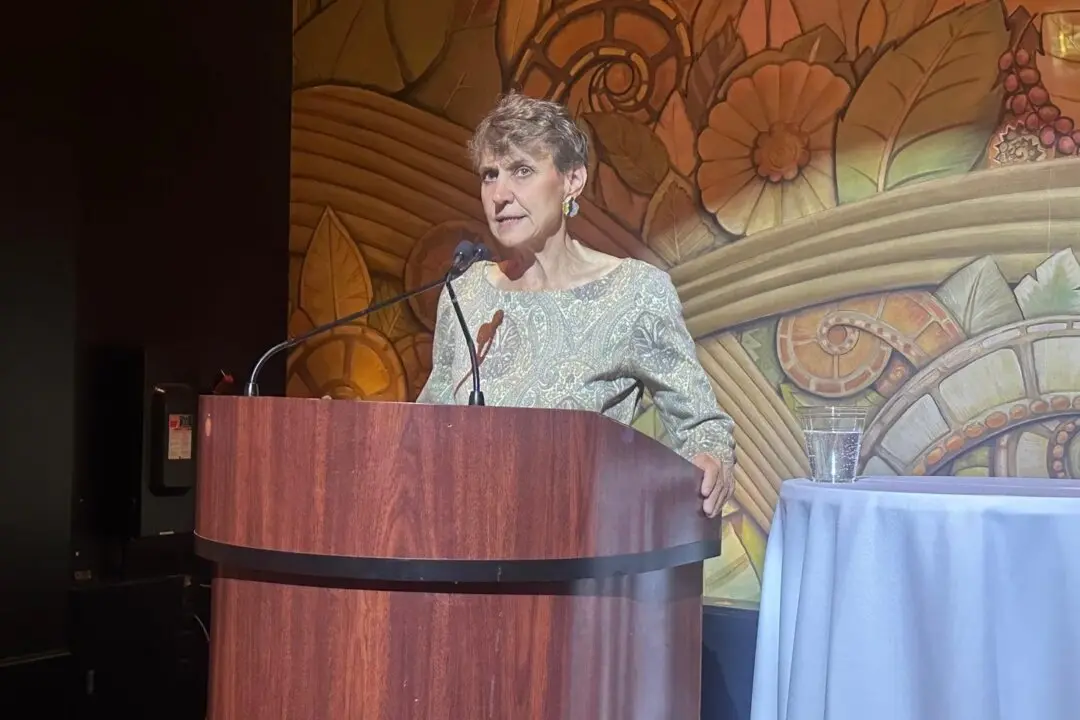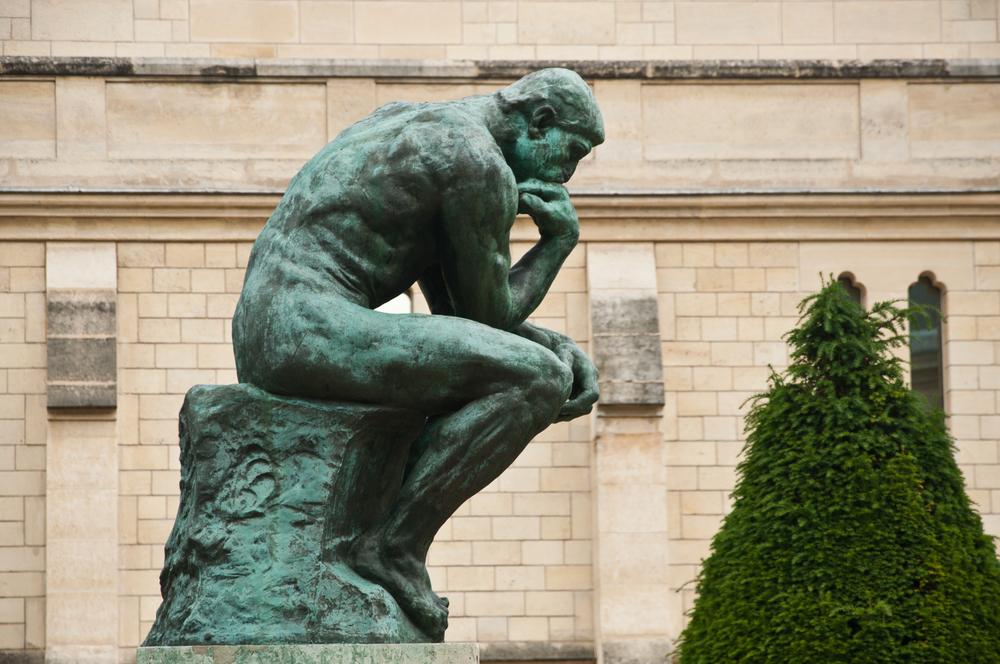Commentary
It’s a fascinating aspect of our world that intelligent people are nonetheless capable of saying very foolish things. One of my literary ambitions is to publish a collection of the inane idiocies uttered by our intellectual luminaries, the working title of which is, “If You’re So Bright, Why Do You Say Such Stupid Things?“





